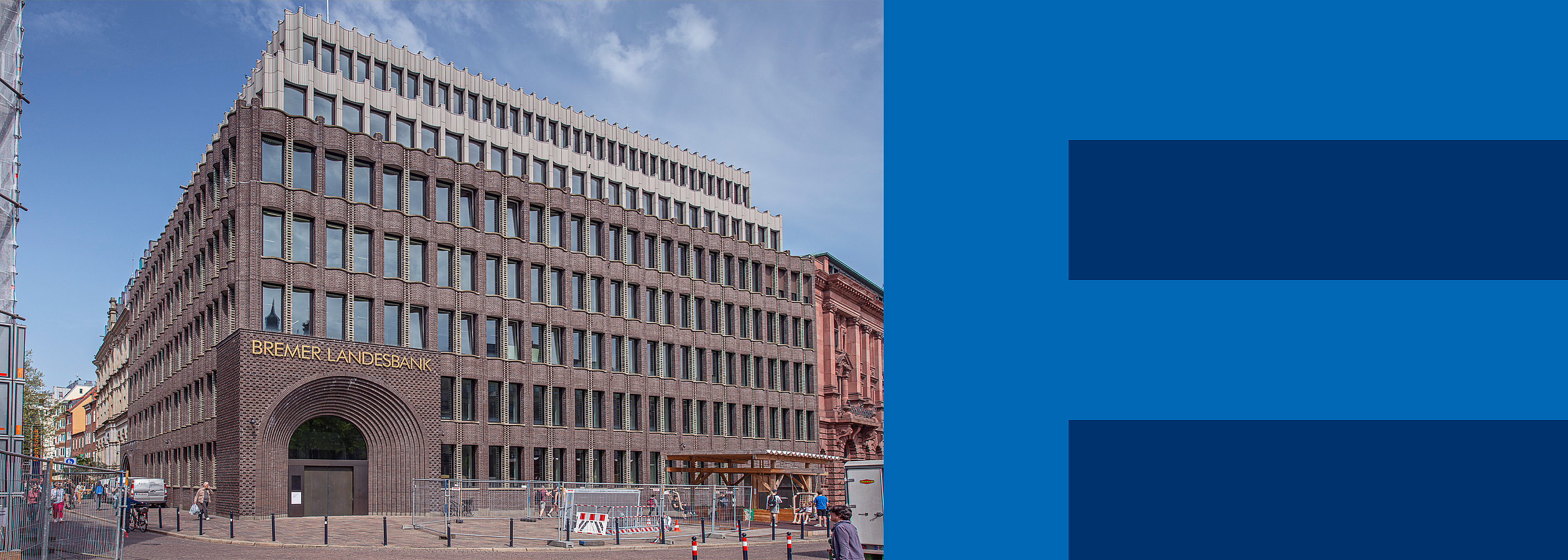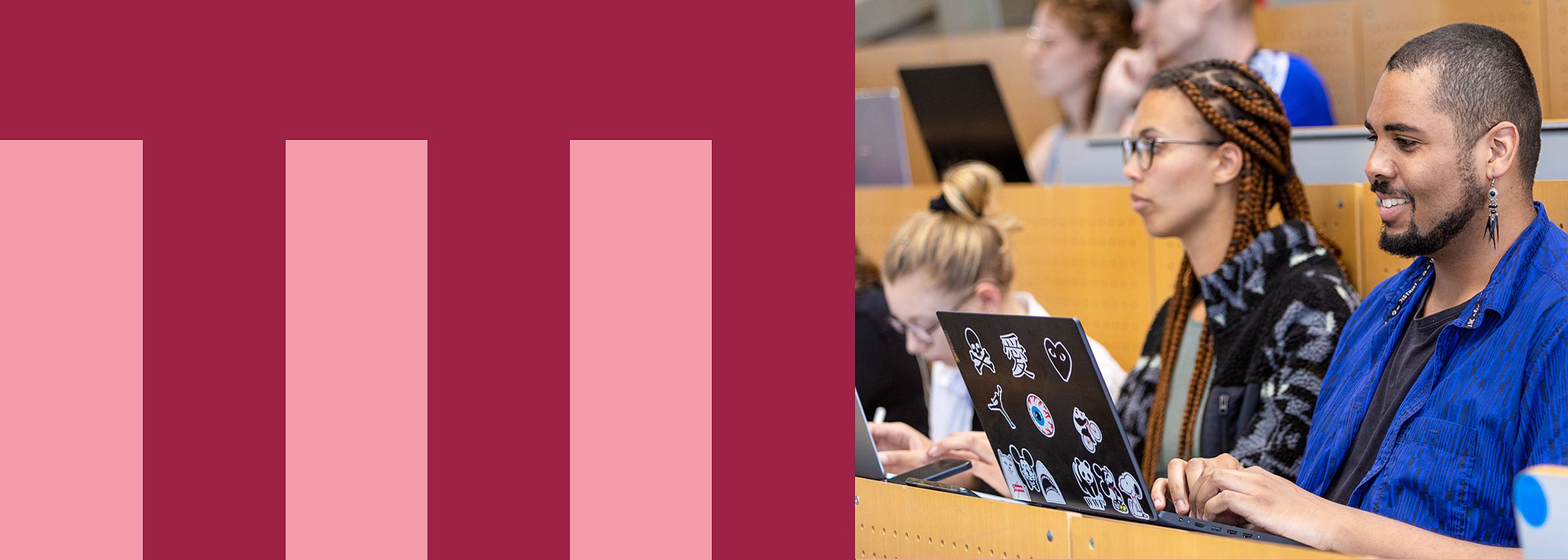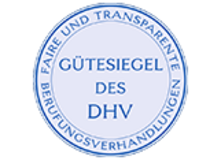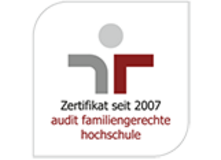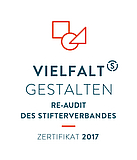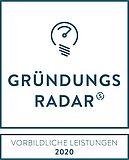Once more, the University of Bremen has shown its research expertise with a great position in one of the most important scientific rankings. There are only two universities among the top five national research institutes – the University of Bayreuth and the University of Bremen.
The ranking by the British science journal Nature is based on 2019 and lists which nature and life science research institutes have the most publications. The University of Bremen has again shown the high quality of its scientific publications in the field of earth and environmental sciences. The Nature Index 2020 lists universities, research institutes, and non-academic institutes according to their publications in 82 of the leading scientific journals in the year 2019.
“A Great Success for our Climate University”
Professor Bernd Scholz-Reiter, president of the University of Bremen, is pleased about this great placement: “It is a great success for our climate-conscious university and a further confirmation of the outstanding work that is being doing in earth and environmental sciences here. The fantastic positioning shows that our research institute is recognized both nationally and internationally. The University of Bremen is a member of the renowned circle of global climate universities. The Nature Index once more shows our position as a climate-conscious institute.”
Professor Michael Schulz, director of MARUM – Center for Marine Environmental Sciences at the University of Bremen is also happy about the leading position. This high-profile area, which includes the Cluster of Excellence The Ocean Floor – Earth’s Unchartered Interface, is coordinated by MARUM. “The University of Bremen is clearly visible on the map of earth and environmental sciences,” according to Schulz. The researcher also emphasizes the role of this field of research in the fight against climate change.
Further Information:
www.natureindex.com/supplements/nature-index-2020-germany/tables/earth-and-environmental
Contact:
Professor Bernd Scholz-Reiter
President of the University of Bremen
Phone: +49 (0)421 218-60011
Email: rektorprotect me ?!uni-bremenprotect me ?!.de
Prof. Dr. Michael Schulz
MARUM – Center for Marine Environmental Sciences
University of Bremen
Phone: +49 (0)421 218-65500
Email: mschulzprotect me ?!marumprotect me ?!.de



